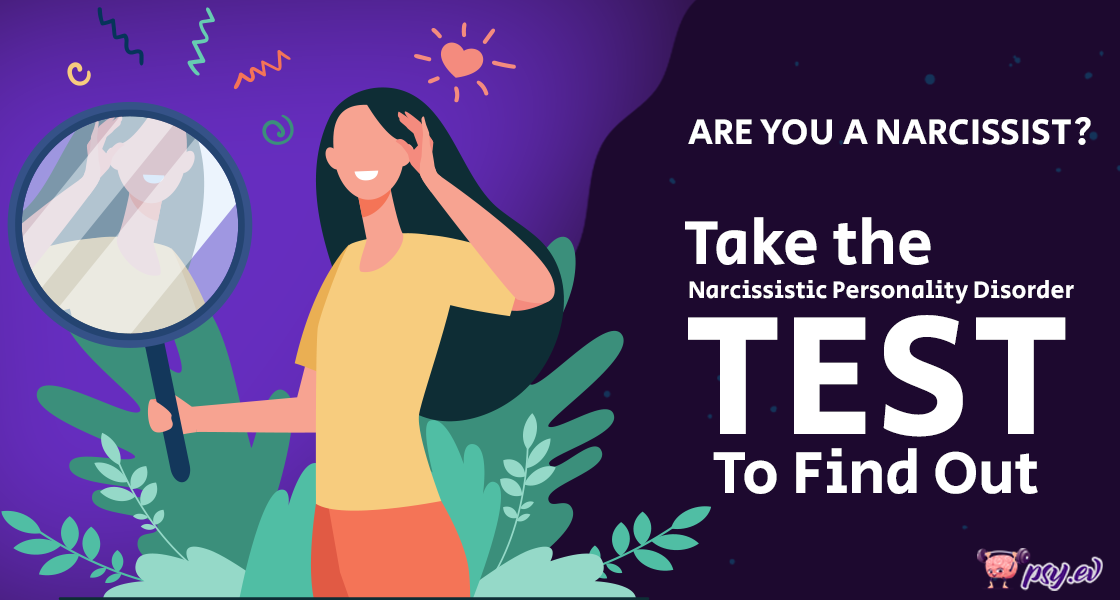Understanding Narcissism
The personality disorder known as narcissistic personality disorder (NPD) is characterized by an exaggerated belief in one's own significance. The obsessive desire for praise, inability to take criticism, and propensity to exploit people are signs of NPD.
Moreover, the severity of narcissistic personality disorder symptoms might vary. Symptoms include having an inordinate need for frequent praise and an unjustifiably high feeling of self-importance. Narcissistic believe they deserve special treatment and benefits and expect to be respected even when they have not made any achievements.
People with narcissistic personality disorder frequently avoid seeking help because they do not want to believe that anything may be wrong. If they do get help, it is more likely to be for depressive symptoms or another mental health issue. But the correct medical care may improve your quality of life and make it more meaningful.
Although it is unclear what causes narcissistic personality disorder, several hypotheses suggest that a dysfunctional early parent-child interaction is a significant contributing component. A combination of biological, psychological, social, and environmental variables is believed to contribute to narcissistic personality disorder.
To determine the cause of your disorder, you can always take the narcissistic parent test, such as the narcissistic mother test, or the narcissist test for partner, such as the narcissistic personality disorder test for spouse. This can help determine whether NPD runs in your family, is influenced by your partner, or is caused by external factors.
Things to Know Before Taking the Test
A person's thoughts, feelings, and actions can be affected by narcissistic tendencies. This, in turn, may impact daily activities and interactions. Take the narcissism test to determine if you or your loved ones are suffering from narcissistic tendencies.
An accurate narcissism test is a useful starting point for receiving therapy. Complete the test by choosing the statements you believe most accurately capture your personality.
You can use the narcissism test free of cost to see whether you would benefit from being assessed for narcissistic personality disorder by a mental health professional. Although there is no known treatment for NPD, several therapies can be beneficial.
Each treatment style has unique advantages and uses a distinct strategy for treating narcissistic personality disorder. According to professionals, counseling is the most successful method of treating narcissistic personality disorder. Therapy for NPD can assist patients in understanding their narcissistic tendencies and how they affect others.
Additionally, it might assist kids in starting to comprehend and control their emotions before the symptoms become severe as they grow up. We highly advise that you get assistance from a mental health professional if the test result is positive.
A professional will further assess your diagnosis and support if you believe you or a loved one may be dealing with a narcissistic personality disorder or other mental health problem.
People with NPD can learn to accept responsibility for their behaviors through counseling, which will inevitably assist them in creating stronger relationships.
Therapy is important because it can treat more than just the signs and symptoms of narcissistic personality disorder. It can concentrate on treating the coexisting mental health issues, such as bipolar illness and other personality disorders that frequently coexist with NPD.


